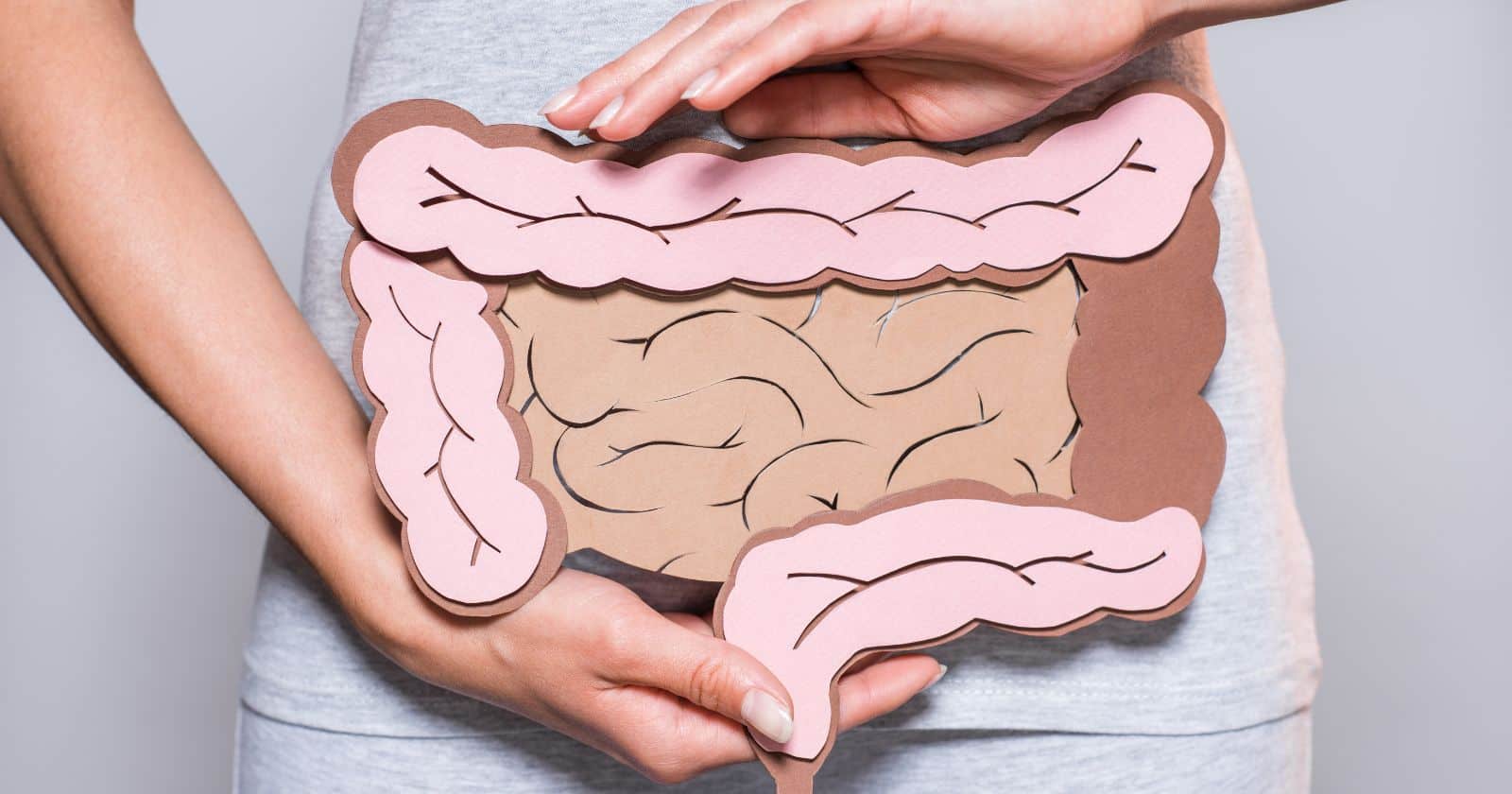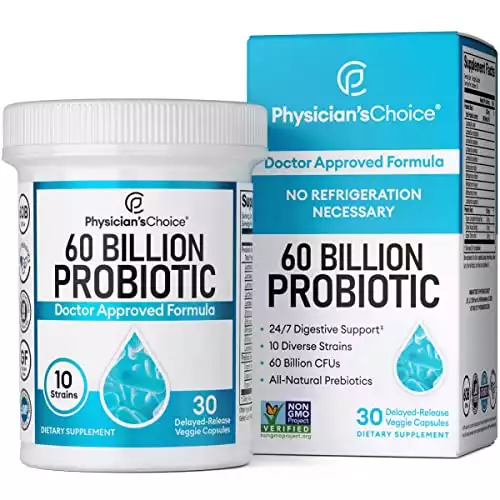If you love spicy food, you’ve probably heard that it can help cleanse your colon and improve digestion. But is this actually true? Let’s take a closer look at the facts.
The Allure of Spicy Food for Colon Health
There are several reasons why people believe spicy food provides colon-cleansing benefits:
- It may promote bowel movements. The capsaicin in spicy peppers triggers gastric motility, which can stimulate bowel movements. This gives the impression of “cleaning out” your system.
- It contains antimicrobial properties. Compounds like capsaicin have antibacterial effects which may benefit your gut microbiome. This could support the idea that spicy food “cleans” the colon.
- It improves circulation. Spicy foods can increase blood flow to your digestive organs. This enhanced circulation may help eliminate waste and toxins.
With such theories circulating, it’s understandable why spicy food has gained a reputation as a natural colon cleanser. But let’s separate fact from fiction…
Does Spicy Food Actually Cleanse the Colon?
While spicy food provides certain digestive perks, there is no scientific evidence that it cleans the colon in any way.
Here’s the truth:
- Spicy food alone cannot remove waste or toxins. While it may stimulate bowel movements, this does not equal a true cleanse.
- It does not dislodge impacted waste. Spicy peppers have no ability to physically remove stuck waste along the colon walls.
- It does not replace proper colon cleansing methods. For a true colon cleanse, methods like colon irrigation are required.
- Overdoing it can cause gut irritation. Too much spicy food may irritate the intestinal lining and cause diarrhea or cramps.
So while spicy food certainly provides health benefits, relying on it as your sole colon cleansing strategy is ineffective and possibly harmful. Let’s explore some more prudent ways to support colon health.
Cleansing Effects of Specific Spices
While no spices offer true colon cleansing, some special ingredients used in spicy cuisines may support overall digestive health.
Turmeric
The potent antioxidant curcumin in turmeric has natural anti-inflammatory effects that may help soothe irritation in the GI tract. Turmeric also has antimicrobial properties that support beneficial gut flora.
Cinnamon

Cinnamon’s antibacterial and anti-parasitic properties can help fight off harmful pathogens in the intestines. This may aid digestion and provide cleansing-like benefits. However, high doses can be toxic.
Ginger
Ginger has a time-honored reputation for soothing nausea, gas, bloating and indigestion. Compounds like gingerol promote the release of digestive enzymes and juices to support healthy GI function.
Garlic
Garlic’s antimicrobial sulfur compounds may help battle unfriendly bacteria in the colon. This can support a healthy microbiome balance. But too much raw garlic can cause gut irritation.
Peppermint
Peppermint is a natural digestive aid, easing spasms and cramps in the intestines and promoting bile flow. The menthol provides a cleansing sensation, but does not truly detoxify the colon.
While not colon cleansers per se, using these aromatic spices wisely may offer cleansing-like digestive benefits. But be cautious with dosage and consult your doctor about potential interactions or risks.
Risks of Aggressive Colon Cleansing
While gentle cleansing strategies can offer some benefits, aggressive practices like colonics or laxative abuse can be quite harmful to your colon health.
Disruption of Gut Microbiome
Harsh colonics or strong laxatives can wash away beneficial bacteria needed for healthy digestion and immunity. This upsets the natural balance of microorganisms in your gut.
Damage to Intestinal Lining
Overly vigorous colon cleansing can erode and irritate the protective mucosal lining of the colon. This can allow toxins, waste and bacteria to leak into the bloodstream.
Dehydration and Electrolyte Imbalances
Powerful laxatives and colonics can cause dangerous fluid and electrolyte disruptions. This leads to dehydration, low potassium levels and other issues.
Dependency and Reduced Bowel Function
Aggressive cleansing methods may weaken the colon’s natural ability to contract and function properly. This can make you dependent on laxatives or enemas.
Medical Interactions
Colon cleansing can interact with prescription medications and should not be done before surgery. Discuss your options with your doctor.
Moderation and natural methods are best for cleansing sensitive colon tissues. Seek medical guidance to avoid complications from overly aggressive colon detoxing.
Healthier Ways to Cleanse Your Colon
If your goal is a properly cleansed colon, spicy food alone will not cut it. Here are some smart natural strategies:
1. Eat More Fiber
Fiber helps move waste through the colon and improves bowel regularity. High fiber foods include fruits, vegetables, whole grains, nuts and seeds. Gradually increasing your fiber intake to 25-30 grams per day promotes colon cleansing.
2. Stay Hydrated
Drinking adequate water keeps your digestive system functioning smoothly. Aim for eight 8-ounce glasses of water daily to support colon cleansing. Herbal teas are another great option.
3. Take Cleansing Herbs
Certain herbal supplements provide cleansing benefits for the colon. Some examples include psyllium husk, flaxseed, probiotics, and aloe vera juice. Consult your doctor before using herbal supplements.
4. Exercise Regularly
Regular exercise supports colon health and good digestion. Aim for 30 minutes per day of moderate activity like brisk walking, swimming or biking.
5. Try Intermittent Fasting
Fasting gives your colon a chance to eliminate waste and toxins built up from eating. Periodic 24-36 hour fasts allow your colon to rest and reset.
With the right natural approaches, you can cleanse your colon effectively and boost overall health without relying solely on spicy food.
Are Hot Peppers Good or Bad for Your Colon?
Hot peppers and products like cayenne, chili powder and chipotle contain capsaicin, the fiery component that triggers spicy flavor and heat. So are these peppers health-promoting or harmful for your colon?
Potential Benefits of Hot Peppers for Your Colon
- Improve circulation and blood flow to the colon
- Stimulate gastric motility and bowel movements
- Provide antioxidants that reduce inflammation
- Contain antimicrobial properties to support healthy gut flora
Potential Drawbacks of Hot Peppers for Your Colon
- May irritate the intestinal lining, causing diarrhea or cramping
- Can trigger heartburn, acid reflux or abdominal pain in sensitive individuals
- May exacerbate symptoms for people with gastrointestinal conditions like IBS
Overall, capsaicin-containing peppers and spices likely provide more benefits than drawbacks for most people’s colons when consumed in moderation. But those with sensitivities or pre-existing conditions should exercise caution.
Tips for Safely Incorporating Hot Peppers into Your Diet
Here are some best practices for enjoying spicy peppers without harming your colon:
- Go low and slow – Gradually increase your intake to allow your body to adapt without gut irritation.
- Pay attention to your symptoms – Discontinue use if you experience persistent diarrhea, cramping or pain.
- Rotate your spices – Vary your intake of different peppers and
spice blends to prevent overexposure to any single one. - Buy high-quality – Purchase organic, non-irradiated dried peppers to get the most benefits.
- Use sparingly if sensitive – Limit spicy foods if you have a gastrointestinal condition or sensitive digestion.
Healthier Ways to Get Antimicrobial and Cleansing Benefits
While the antimicrobial qualities of hot peppers may technically help “cleanse” the colon, you can get similar benefits through healthier everyday foods and herbs.
1. Eat More Fermented Foods
Fermented options like kimchi, sauerkraut, kefir and kombucha contain probiotics that boost healthy gut flora.
2. Drink Green Tea
The polyphenols in green tea provide antioxidant and antimicrobial effects that support your microbiome.
3. Take a Daily Probiotic
High quality probiotic supplements enhance your healthy intestinal bacteria for improved cleansing and immunity.
4. Use Herbs Like Garlic and Ginger
Garlic, ginger, oregano and other antimicrobial herbs help “clean” your colon by fighting harmful bacteria.
5. Eat Prebiotic Foods
Prebiotic fibers in foods like bananas, onions, garlic and leeks feed beneficial gut microbes.
Focusing on these natural cleansing strategies provides healthier ongoing support for your colon compared to only occasional spicy foods.
The Bottom Line on Spicy Food and Colon Cleansing
While spicy food can temporarily stimulate bowel movements, there is no evidence that it provides any lasting colon cleansing benefits. Relying solely on spicy food is not an effective strategy.
For true colon health, focus instead on a balanced diet with probiotics and prebiotics, anti-inflammatory foods, adequate fiber and physical activity. Proper hydration and herbal supplements can provide additional cleansing support.
Occasionally enjoying spicy food can be part of an overall healthy lifestyle. But steering clear of claims that it “cleans out” your colon is your safest bet.






